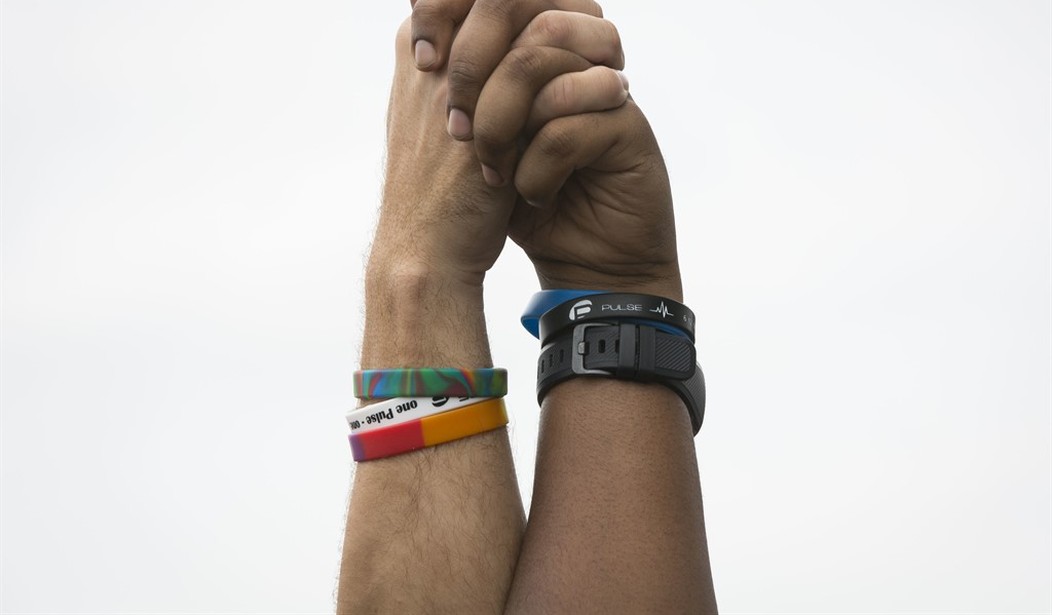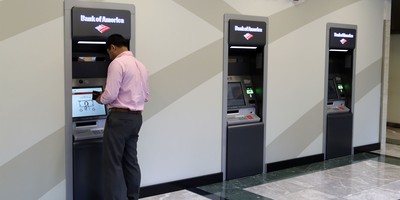This is my second column in a series generated from my TEDx Talk, "How to Make an Enemy and How to Turn Them Around" focusing on how we can turn difficult relationships from distance to dialogue in an increasingly polarized world.
Reportedly, Abraham Lincoln came upon a conversation with three politicians talking about a man they disliked. He listened for a minute, and then said, "I don't like that man. I'm going to have to get to know him better." One entry in a politician's diary captured his enduring wisdom.
Relationships are like personal "bank" deposit systems. Every positive experience is seen as a deposit; every negative experience a withdrawal. With an enemy, we're often limited to withdrawals. Try taking money from your bank without adequate deposits. The message is swift-Busted, insufficient funds, OVERDRAWN!
The only way to turn "enemies" around is by building a history of positive encounters, by cutting down distance, and scanning for the best in even your worst enemy.
Realistically, the first time you try to be positive, there's doubt, not trust. Their brain warns, "He's up to something!" Wouldn't you think the same thing?
Ken Blanchard has suggested that it takes four positive relationship deposits for every withdrawal to build a good relationship. You achieve that easily with people you like. You eat together, laugh together, and share positive experiences together. With a good friend, you can have a bad day, and then just laugh. With an enemy, they're more likely to remember the date and the time you wronged them.
Recommended
Most of us are only willing to try being nice. If our early attempts are not appreciated, we give up. That just proves we were "trying" something. Don't try. Be the person you want to be no matter what the initial impact. Bridge building takes perseverance and a variety of approaches.
Benjamin Franklin was a master of influence and diplomacy. He observed, "The best way to win someone over to your cause is ask them to help you." Certainly, be willing to help even enemies when warranted but a far more powerful bridge is built by asking for help in an area you respect their skills. For every person you want to reach make note of three areas you respect their skills better than your own. When you need help, approach your "enemy" for help and then positively gossip about their contribution. When such comments get back to them, it's almost painful-"What a strange enemy!"
Edward Bales added wit to wisdom: "We teach collaborative problem-solving. In school that's called cheating." Seldom in life do you do things that matter alone. You team. Seek out ways to team across your divide on projects or causes you both support. Be ready to give them more than their share of credit for the results.
Find common ground and common interests. Cut the distance-sit with your difficult people. Share something funny that happened to you. Find some common ground to build on-sports teams, movies, pets, vacations...whatever connects. Even if it doesn't work, think of the pain you inflicted on an enemy; they had to sit with you.
The pianist comedian Victor Borge once confided, "Laughter is the shortest distance between two people." What humor builds bridges? Laughing with and not at people. What is the safest target for your humor? Yourself. When you laugh at yourself first, you win. Let's face it, your enemies love laughing at you. When you initiate that, it builds a bridge through shared laughter.
Why invest in turning relationships around? One enemy can make your life miserable and limit your effectiveness. Having to secure their approval is not critical. Having a good enough relationship to make things happen is.
In today's world, it doesn't take much to make an enemy. It's even easier to keep one. But what we desperately need are people willing to turn those relationships around. You see our country is built on individual rights-the freedom of expression. And that means disagreements. It's time we all learn to disagree without having to be quite so disagreeable. To value those who see things differently...and are different in some significant way. Do your part to be hard to hate, and you will turn around more than your share of "enemies" into people you respect in spite of your differences.
Welcome to the challenge of being part of the great American mosaic that has made us what we are. Do your part to help heal the dangerous divide that so easily polarizes our country. You may just find that some of your worst "enemies" can become valued colleagues and friends.

























Join the conversation as a VIP Member